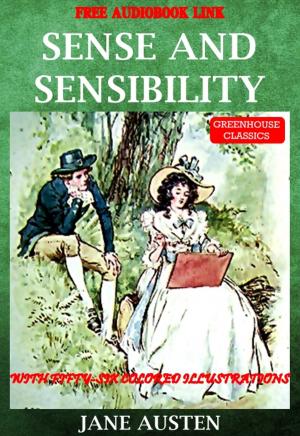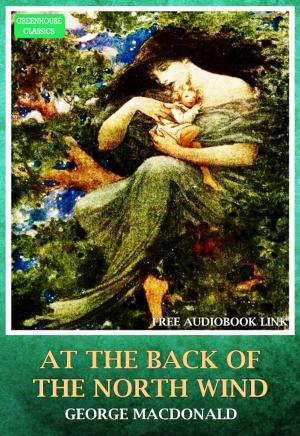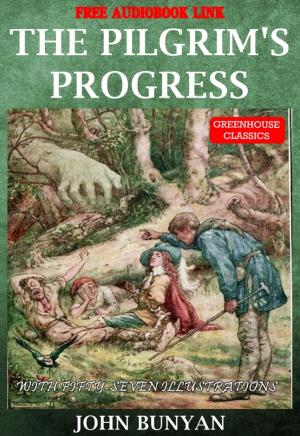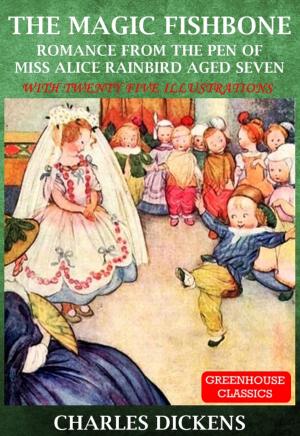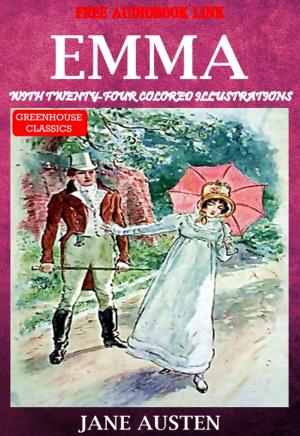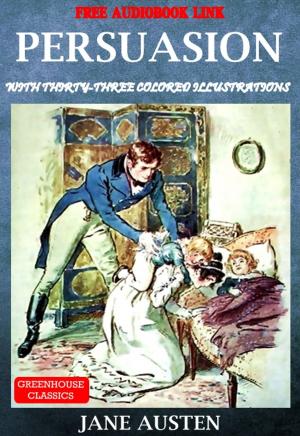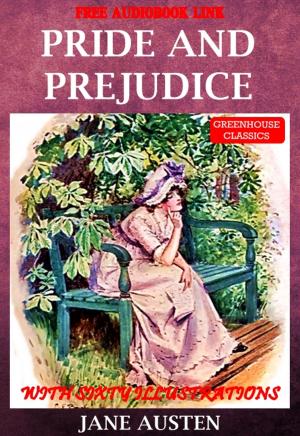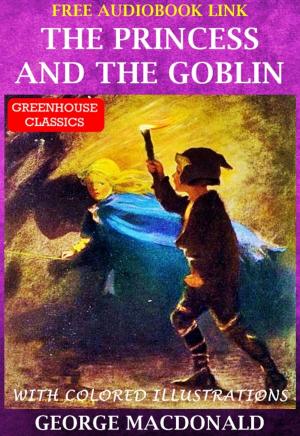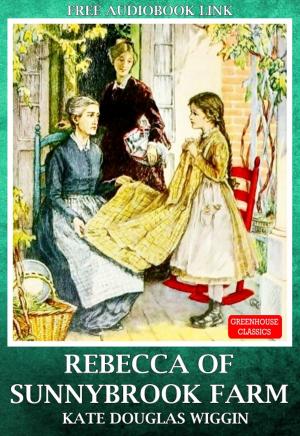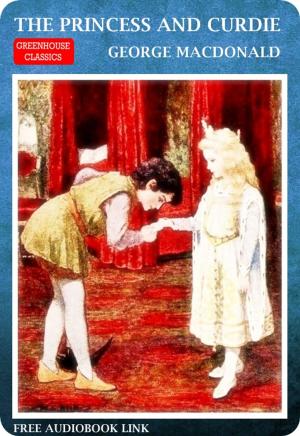Northanger abbey (complete & Illustrated)
With Forty colored illustrations
Fiction & Literature, Literary Theory & Criticism, British, Classics, Literary| Author: | Jane austen | ISBN: | 1230000039360 |
| Publisher: | Greenhouse Classics | Publication: | December 10, 2012 |
| Imprint: | Language: | English |
| Author: | Jane austen |
| ISBN: | 1230000039360 |
| Publisher: | Greenhouse Classics |
| Publication: | December 10, 2012 |
| Imprint: | |
| Language: | English |
EVEN at this distance of time, the genuine devotee of Jane Austen must be conscious of a futile, but irresistible, desire to 'feel the bumps' of that Boeotian bookseller of Bath, who—having bought the manuscript of Northanger Abbey for the base price of ten pounds—refrained from putting it before the world. What can have been the phrenological conditions of a man who could remain insensible to such a sentence as this, the third in the book—' Her father was a clergyman, without being neglected, or poor, and a very respectable man, though his name was Richard—and he had never been handsome'? That the sentence was an afterthought in the proof cannot be contended, for Northanger Abbey was published posthumously, and 'the curious eyes, that saw the manners in the face,' had long been closed under a black slab in Winchester Cathedral. Only two suppositions are possible: — one, that Mr. Bull of the Circulating Library at Bath (if Mr. Bull it were) was constitutionally insensible to the charms of that master-spell which Mrs. Slipslop calls ' ironing'; the other, that he was an impenitent and irreclaimable adherent of the author of the Mysteries of Udolpho. The latter is the more natural conclusion. Nothing else can explain his suppression for so long a period of Miss Austen's 'copy'—the scene of which, by the way, was largely laid in Bath itself? He was infatuated with Mrs. Radcliffe, and Mrs. Radcliffe's following: the Necromancer of the Black Forest, the Orphan of the Rhine, the Midnight Bell, the Castle of Wolfenbach, and all the rest of those worshipful masterpieces which Isabella Thorpe, in chapter vi., proposes for the delectation of Catherine Morland, and the general note of which Crabbe (one remembers Miss Austen's leaning to that favorite poet*) anticipates so aptly in The Library:
EVEN at this distance of time, the genuine devotee of Jane Austen must be conscious of a futile, but irresistible, desire to 'feel the bumps' of that Boeotian bookseller of Bath, who—having bought the manuscript of Northanger Abbey for the base price of ten pounds—refrained from putting it before the world. What can have been the phrenological conditions of a man who could remain insensible to such a sentence as this, the third in the book—' Her father was a clergyman, without being neglected, or poor, and a very respectable man, though his name was Richard—and he had never been handsome'? That the sentence was an afterthought in the proof cannot be contended, for Northanger Abbey was published posthumously, and 'the curious eyes, that saw the manners in the face,' had long been closed under a black slab in Winchester Cathedral. Only two suppositions are possible: — one, that Mr. Bull of the Circulating Library at Bath (if Mr. Bull it were) was constitutionally insensible to the charms of that master-spell which Mrs. Slipslop calls ' ironing'; the other, that he was an impenitent and irreclaimable adherent of the author of the Mysteries of Udolpho. The latter is the more natural conclusion. Nothing else can explain his suppression for so long a period of Miss Austen's 'copy'—the scene of which, by the way, was largely laid in Bath itself? He was infatuated with Mrs. Radcliffe, and Mrs. Radcliffe's following: the Necromancer of the Black Forest, the Orphan of the Rhine, the Midnight Bell, the Castle of Wolfenbach, and all the rest of those worshipful masterpieces which Isabella Thorpe, in chapter vi., proposes for the delectation of Catherine Morland, and the general note of which Crabbe (one remembers Miss Austen's leaning to that favorite poet*) anticipates so aptly in The Library:


